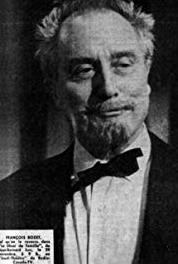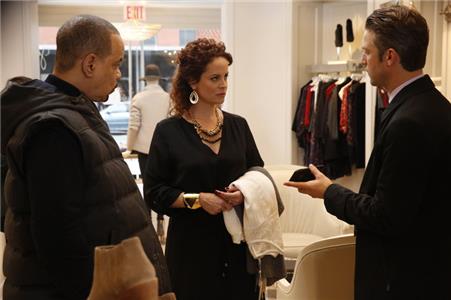The Theban Plays by Sophocles Antigone (1986– ) Online

- Original Title :
- Antigone
- Genre :
- TV Episode / Drama
- Year :
- 1986–
- Directror :
- Don Taylor
- Cast :
- Juliet Stevenson,Gwen Taylor,Patrick Barr
- Writer :
- Sophocles,Don Taylor
- Type :
- TV Episode
- Time :
- 1h 51min
- Rating :
- 6.8/10
In a final battle for the control of Thebes, Oedipus's two sons kill each other. Creon issues an order that no one is to bury Polynices upon pain of death. But Antigone is determined that her brother's body will have the proper rites of burial.
| Episode cast overview, first billed only: | |||
| Juliet Stevenson | - | Antigone | |
| Gwen Taylor | - | Ismene | |
| Patrick Barr | - | Chorus | |
| Paul Daneman | - | Chorus | |
| Donald Eccles | - | Chorus | |
| Robert Eddison | - | Chorus | |
| Patrick Godfrey | - | Chorus | |
| Ewan Hooper | - | Chorus | |
| Peter Jeffrey | - | Chorus | |
| Noel Johnson | - | Chorus | |
| Robert Lang | - | Chorus | |
| John Ringham | - | Chorus | |
| Frederick Treves | - | Chorus | |
| John Woodnutt | - | Chorus | |
| John Shrapnel | - | Creon |







User reviews